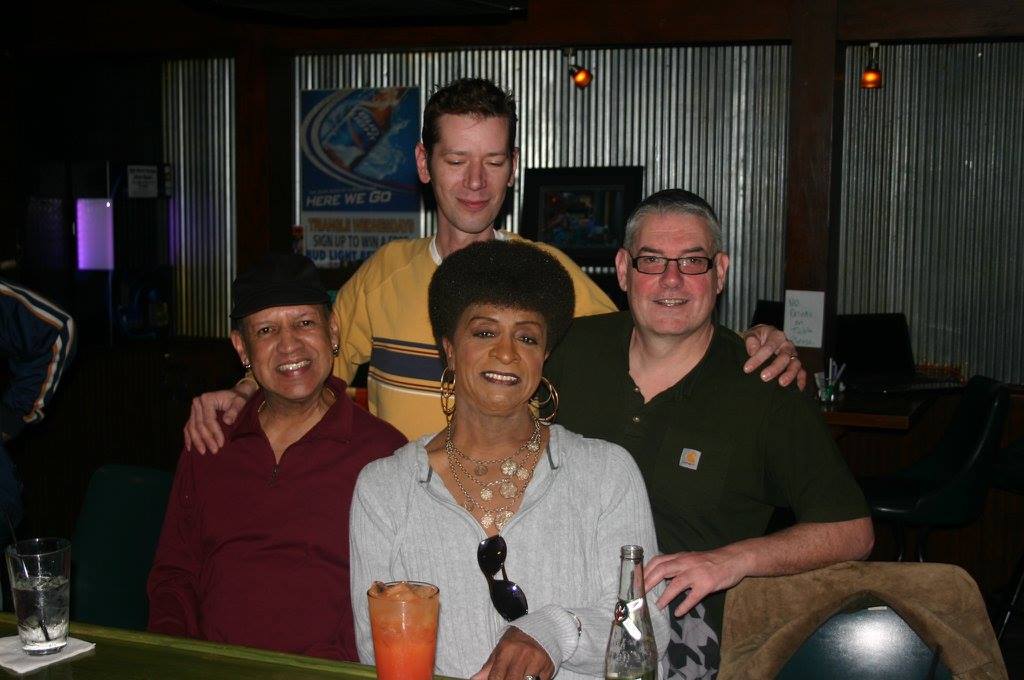Milwaukee designates first LGBTQ+ historical landmark in Third Ward
MILWAUKEE (CBS 58) -- An almost forgotten piece of Milwaukee LGBTQ+ history is now considered a historic landmark.
On Monday, the Milwaukee Historical Society confirmed the landmark status for the site of the former Black Nite Tavern, a gay bar in the 60s that was the location of a bar brawl.
"This was a place where people could hide in plain sight. This was not a popular area at the time. It was on the downtrodden side," LGBTQ historian and drag performer BJ Daniels said.
The bar, formally located at 400 N. Plankinton Ave., was one of the only establishments in the late 50s, and early 60s, that allowed drag performers. Crossdressing at the time was illegal, and people were expected to adhere to the three-article rule: wearing three pieces of gendered clothing while in public.
Many bars did not want to attract attention and forbade drag, but the Black Nite Tavern welcomed all.
"It was really a place where lesbians, gay people, gender non-conforming people could all gather together under one roof," Wisconsin LGBTQ History Project Curator Michail Takach said.
One night in August 1961, four sailors entered the tavern. At the time, all patrons were required to show identification and sign a log with their names. When the sailors refused, they began to attack the bar's bouncer. One local drag queen named Josie Carter stepped in, fighting off the men with broken beer bottles. Despite being run off by Carter, the sailors swore to return with others to finish what they started.
"As the patrons slowly started coming in that afternoon, Josie said, 'if you don't want to be here, don't stay, but if you're going to stay, we're going to fight,'" Daniels said.
They did fight back, and the police arrested the sailors, who eventually had their charges dropped. The uprising, eight years before the Stonewall riots, went unsung for decades.
"Josie was very humble. She was very modest," Takach said.
"She really didn't understand why we wanted to hear her story, or why we wanted the stories of her generation."
Eventually, in 2012, Carter did share her stories with Takach, shedding light on a community and an era that is often misrepresented.
"For a long time, people saw Stonewall as the start of LGBT history, when nothing can be farther from the truth," Takach said. "Milwaukee was a popular gathering place for LGBT people 100 years before that acronym was even used."
Takach, an integral part of the newly-earned historical landmark status of the Black Nite Tavern, stressed the importance of sharing the stories of LGBTQ elders.
As for the marker, Daniels tells us it is a victory for those who lived this, or similar history, and those who are yet to come.
"This was a fight for everyone," he said. "When people fight back and demand the right to exist peacefully in the world, that is a win for everybody. This marker will be a win for everyone, not just LGBT people, but anyone who simply wants to exist in the world and be safe."
A committee will now decide what type of marker will be placed at the site.
Takach tells CBS 58 it will be placed on the soon-to-be extended River Walk next to the lot.















